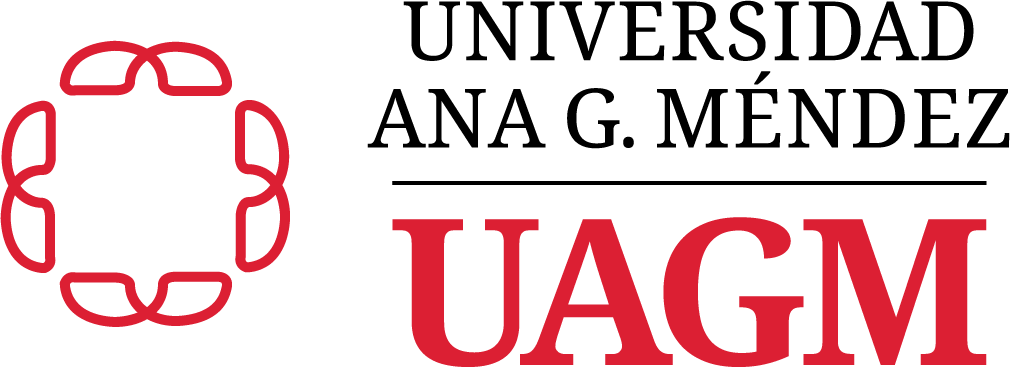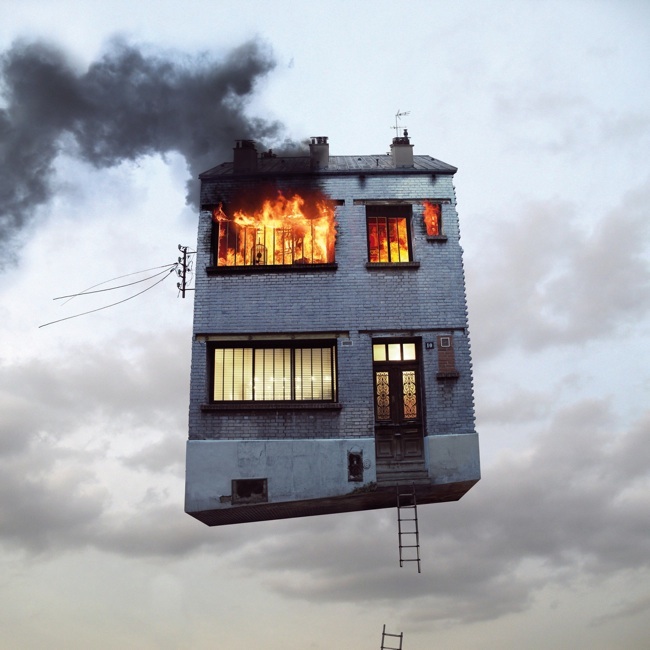
Nothing of Pyres, Nothing of Didos, Nothing of Carthage[1]
My mother and I will burn everything down.
Tonight I've seen her extracted eyes
her gaps, her bitten nails
the rage identical to mine and I know:
we'll soon send everything to hell
while humming at the same time the dissipated cry's hymn.
Holding hands, repleted
we'll open our boxes
we'll wipe our matches clean one by one
the crystalized salt on the back of their heads so that we can then light the fire in return.
Crowned
we'll burn our men along with their chairs
the coffee cups stained by envy of the kiss
the sheets for covering so much
the strings, the fridge, the oven, the dolls;
we'll burn the sofa down
the six TVs and cars
our clothes, even, already dismantled by their beards.
We'll burn the vase, the knives
the silver threads, the windows
and then, before the glare and before the screams
we'll take a cab and run
towards a Punta Cana hotel
to sleep the sum of years lost
because of men
until everything behind the eyelids
loses its letters and gives up
and there would be no longer home nor shoulder blades
nor ginger with milk
not even pill boxes
just an ashen flight over the elder tiles
our mango tree completely scorched
the cartilage tanned
the dogs let loose in the suburb
and the firemen, the district attorney
the police lining up with yellow lace, not at all
the perimeter of a murdered space.
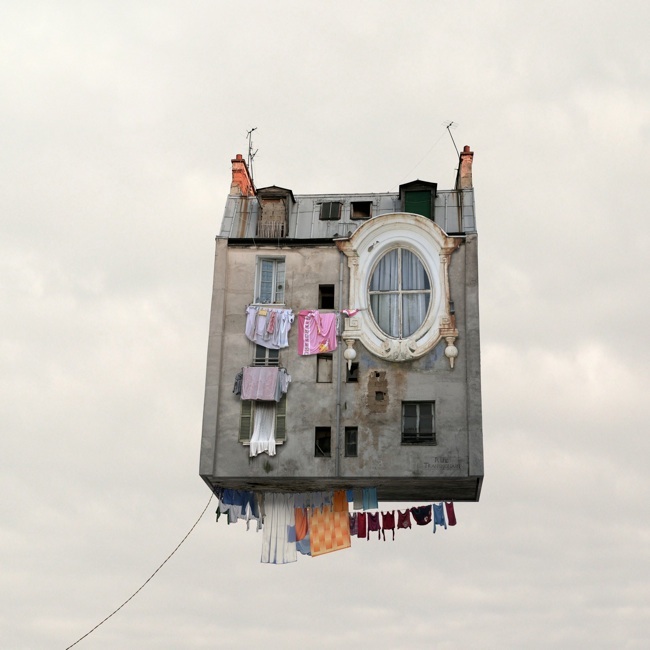
My Aunt's House[2]
My aunt's house is a hotel
where my mother sleeps like a log
submerged in her sisters' smell.
It is a where
in which she manages to detach
from memory and its form
of having been, until hours ago
the illusioned wife
mistakenly far of what she dreamt as girl
far, like a helium balloon
lost towards the sky
and then explodes, without knowing
how it could afford to reach such height
such internal boiling point
so as to let go
and then burst without echo in space.
But my aunt's house is a hotel
and my aunt now watches my mother's dream
although my mother is drugged
and my aunt denies, once again
that indeed it is a hotel her home
because she also wants
to burn the house with her man inside
and then run away on a smoked cab
barefoot and beaming to the dogs of Customs Control
towards a Punta Cana hotel
to sleep the twenty years she's lost
baking the daily bread
so that her man may return each afternoon
following a trail of crumbs
in spite of so many birds.
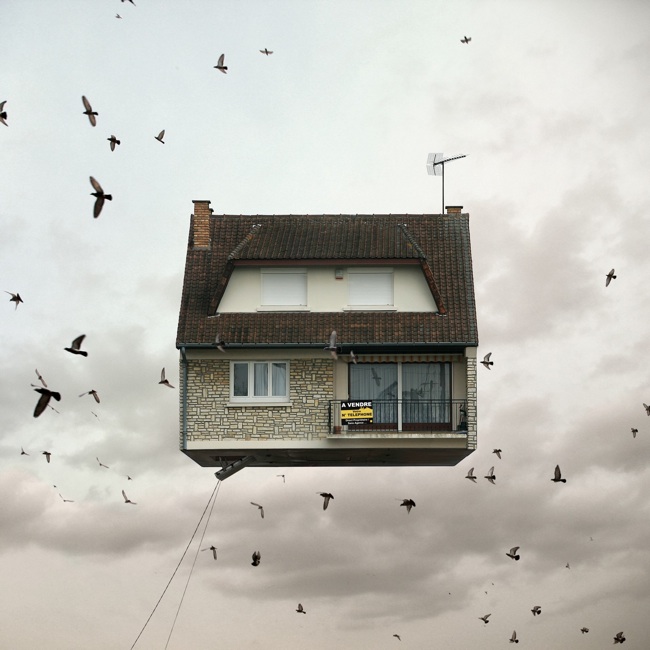
Marti with Suau, 955[3]
I've made the bread and eaten.
I've been the bread, I've been made and eaten.
You haven't been the bread
nothing has made you.
I've lied to myself already so many times
that I don't know
if I managed to eat something of yours
those three years I lost away from home
in that house
in which I was with you
always freshly baked bread.
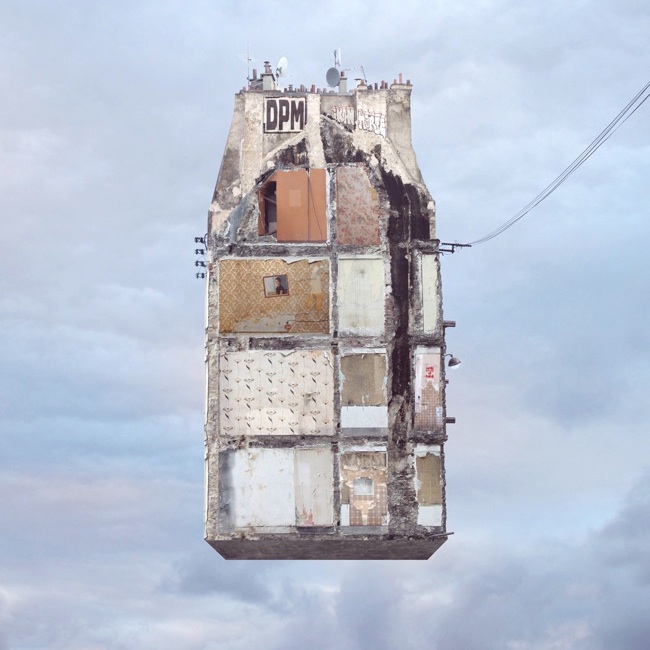
June[4]
Iwas born in this drought
twenty-seven years far.
I didn't expect myself to be in front of mirrors like this
in my mother's embrace behind men
nor in men.
No one knew about my thirst one day.
I didn't know I'd be loving you at twenty-seven
that you'd leave
that the airplanes would begin their departure upon my table
that I would cut the bread, astonished and fucked
and that I'd store your servings on a jar
against starvation
just in case one day you may also need
a trail on the way back.
Notas:
* El deber del Pan, Xavier Valcárcel de Jesús.
[1] Nada de piras, nada de Didos, nada de Cártago
Mi madre y yo lo quemaremos todo.
He visto sus ojos arrancados esta noche
sus huecos, sus uñas comidas
la rabia idéntica a la mía y sé:
mandaremos al carajo todo, pronto
al mismo tiempo tarareando
el himno del llanto evaporado.
Tomadas de la mano, hartas
abriremos nuestras cajas
limpiaremos uno a uno nuestros fósforos
la sal cristalizada en las cabezas
para luego en un regreso hacer el fuego.
Coronadas
quemaremos nuestros hombres y sus sillas
las tazas manchadas por la envidia de los besos
las sábanas por cubrir tanto
los cordeles, la nevera, el horno, las muñecas;
quemaremos el sofá
los seis televisores y los carros
nuestra ropa incluso, ya deshilada por sus barbas.
Quemaremos la vajilla, las navajas
los hilos de plata, las ventanas
y luego, ante la luz y ante los gritos
huiremos en un taxi
hacia un hotel de Punta Cana
a dormir la suma de los años que perdimos
por los hombres
hasta que todo tras los párpados
pierda sus letras y se rinda
y ya no haya hogar ni escápulas
ni jengibre con leche
ni potes de pastillas
sólo el vuelo de todas las cenizas sobre los viejos azulejos
nuestro árbol de mangó quemado
los cartílagos tostados
las perras sueltas por la urbanización
y los bomberos, la fiscal
la policía acordonando de amarillo, para nada
el perímetro de un vacío asesinado.
[2] La casa de mi tía
La casa de mi tía es un hotel
donde mi madre duerme a pata suelta
hundida en el olor de las hermanas.
Es un dónde
en el que logra desprenderse
del recuerdo y de su forma
de haber sido, hasta hace horas
la esposa ilusionada
equivocadamente lejos de lo que soñó de niña
lejos, como un globo hinchado de helio
que se pierde hasta el cielo
y luego explota, sin saber
cómo se permitió llegar a tal altura
a tal ebullición interna
como para dejarse ir
y luego reventar sin eco en el vacío.
Pero la casa de mi tía es un hotel
y mi tía cuida ahora el sueño de mi madre
aunque mi madre esté drogada
y mi tía niegue, una y otra vez
que es un hotel su casa
porque ella también
quiere quemar la casa con su hombre adentro
y luego huir en taxi ahumado
descalza y sonreída ante los perros de la aduana
hacia un hotel de Punta Cana
a dormir los veinte años que ha perdido
haciendo pan todos los días
cuestión de que su hombre regrese cada tarde
siguiendo un camino de migajas
a pesar de tantos pájaros.
[3] Martí con Suau, 955
He hecho el pan y lo he comido.
He sido el pan, me han hecho y me han comido.
No has sido el pan
nada te ha hecho.
Yo me mentí ya tantas veces
que no sé
si alcancé a comer algo de ti
esos tres años que perdí fuera de casa
en esa casa
en la que fui contigo
siempre pan recién horneado.
[4] Junio
Yo nací en esta sequía
veintisiete años lejos.
No me imaginaba así en los espejos
en el abrazo de mi madre tras los hombres
ni en los hombres.
Nadie sabía de mi sed un día.
No sabía yo que estaría amándote a los veintisiete
que te irías
que los aviones iniciarían su despegue en mi mesa
que cortaría el pan, atónito y jodido
y guardaría tus raciones en un frasco
contra el hambre
por si acaso un día necesitas, también tú
un camino de regreso.
Lista de imágenes:
1. Laurent Chehere, "En feu", 2014.
2. Laurent Chehere, "La linge qui séche", 2014.
3. Laurent Chehere, "A vendre", 2014.
4. Laurent Chehere, "Trace au mur: Le voyage", 2014.

